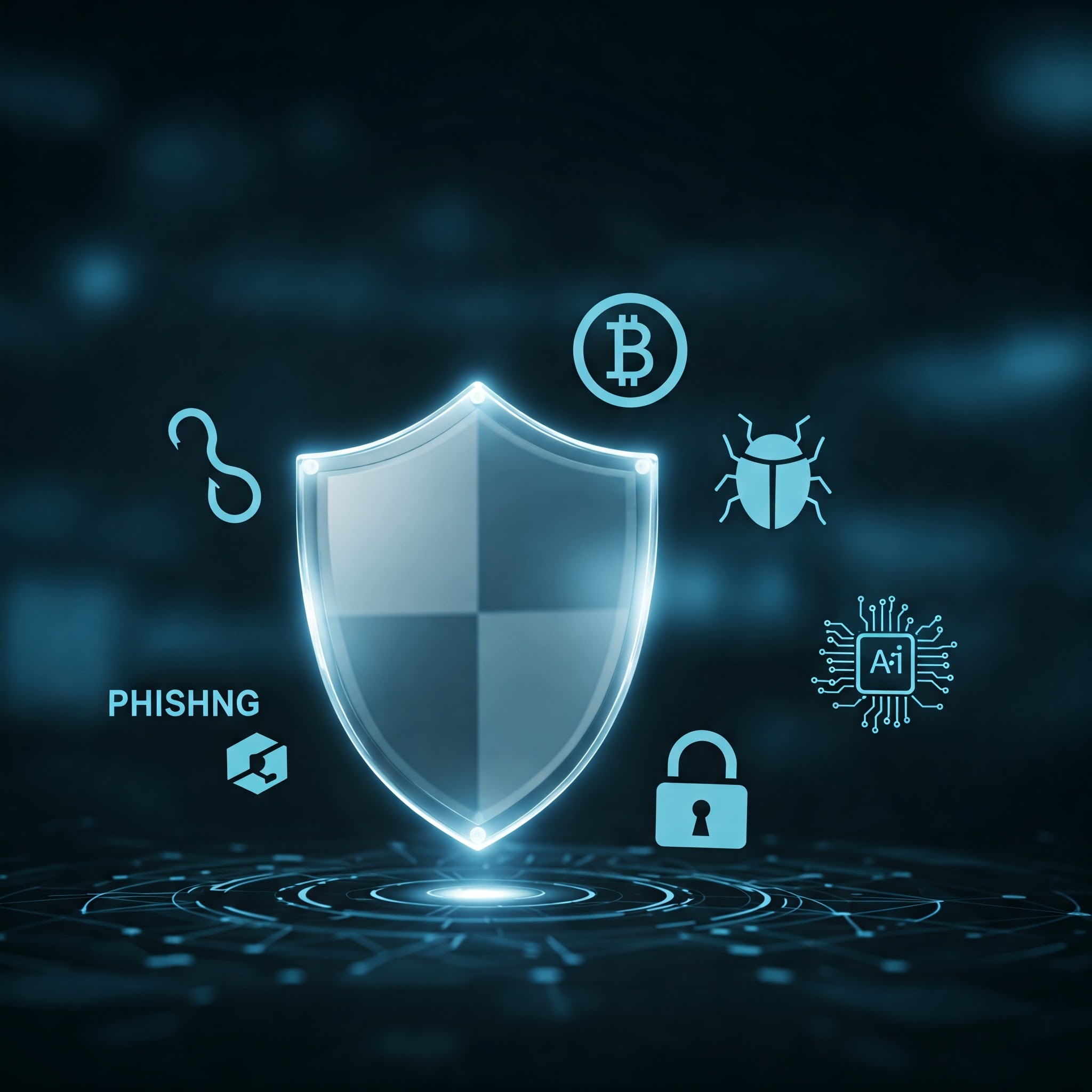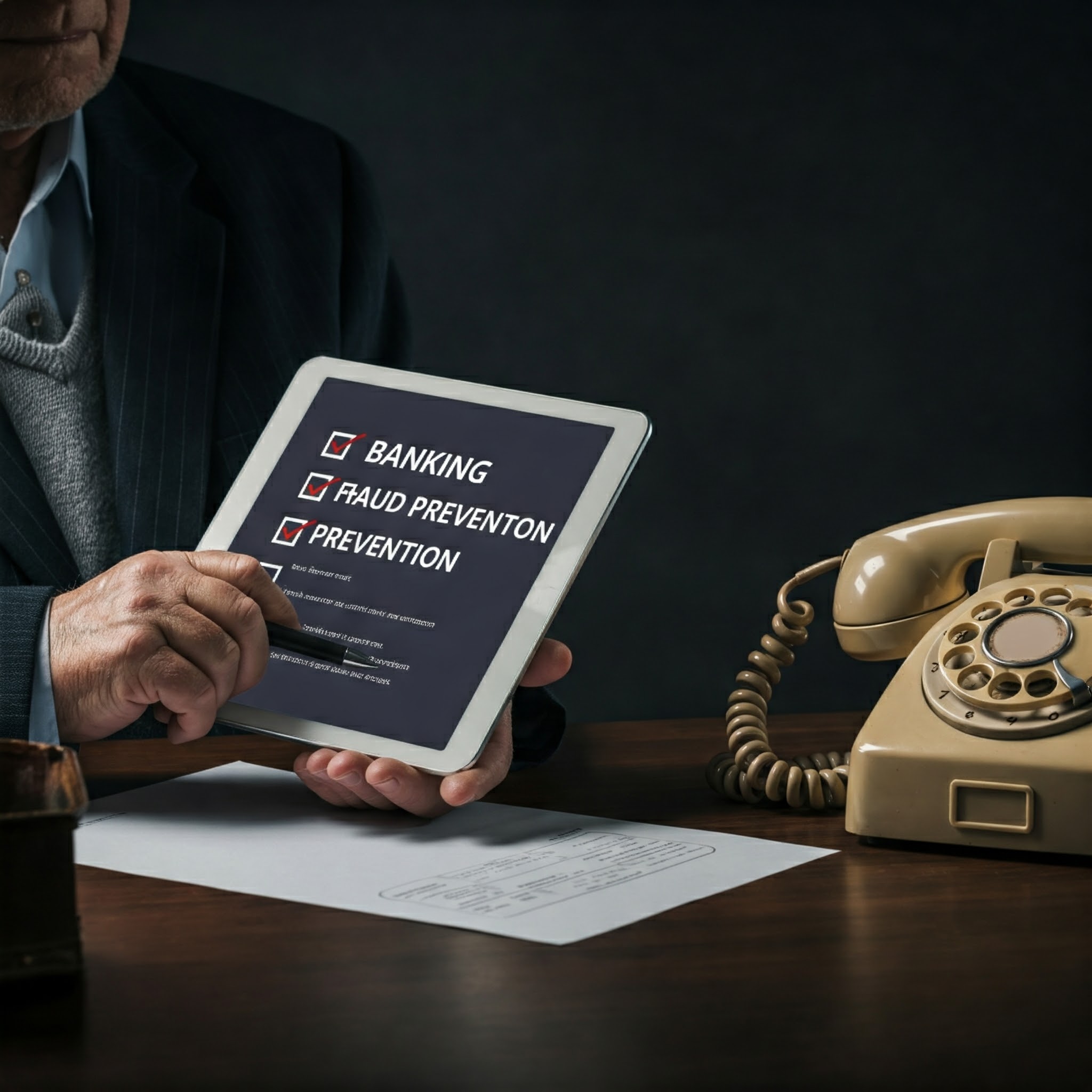Banking fraud is a serious issue that affects thousands of people around the world. It’s a type of financial fraud in which a person or a group of people manipulate or steal money from an individual or a financial institution. Banking fraud can take many forms and can have serious consequences if not detected and stopped quickly. In this blog, we’ll be exploring the different types of banking fraud, how to protect yourself from it, and what measures banks can take to prevent it.
What is banking fraud?
Banking fraud is a form of financial crime in which someone uses deception to gain access to, or control of, another person’s financial accounts or assets. It can range from simply opening a bank account in someone else’s name to complex schemes with multiple actors and sophisticated methods of deception. It can also take the form of identity theft, where someone uses another person’s personal information to commit fraud.
No matter the form, banking fraud is a serious issue that can have long-term consequences for individuals and businesses. It’s important to be aware of the different types of banking fraud and how to protect yourself from it.
Common types of banking fraud
There are many types of banking fraud, and they can be broken down into three main categories:
- Accounts fraud: This type of fraud involves the unauthorized use of an account, such as a credit card or bank account, to access funds or to make purchases without the account holder’s knowledge or permission.
- Identity fraud: This type of fraud involves stealing someone’s personal information, such as their name, address, Social Security number, or banking information, and using it to take out loans, open new accounts, or access existing accounts.
- Phishing: This type of fraud involves sending emails or text messages that appear to be from a legitimate source, such as a bank, in order to trick people into revealing personal information or transferring money.
How to protect yourself from banking fraud
Banking fraud can have serious consequences, so it’s important to take steps to protect yourself from it. Here are some tips to help you stay safe:
- Monitor your accounts regularly. Check your accounts regularly for any suspicious activity and report it immediately to your bank or credit card issuer.
- Use strong passwords and keep them secure. Make sure to use strong passwords that are unique to each of your accounts and never share them with anyone else.
- Be aware of phishing scams. Be wary of emails or texts that appear to be from a legitimate source but contain links or attachments that could be malicious.
- Use secure Wi-Fi networks. Never use public Wi-Fi networks to access sensitive information, such as your banking details.
- Don’t give out personal information. Don’t provide your personal information, such as your Social Security number, to anyone online or over the phone.
How banks can protect themselves from fraud
Banks and other financial institutions are also vulnerable to fraud, so it’s important for them to take steps to protect themselves. Here are some tips to help them stay secure:
- Monitor accounts for suspicious activity. Banks should use sophisticated software to monitor accounts for any unusual or suspicious activity.
- Implement multi-factor authentication. Banks should use multi-factor authentication, such as one-time passwords, to verify the identity of customers.
- Use secure networks and data encryption. Banks should use secure networks and data encryption to protect sensitive customer data.
- Educate staff on fraud prevention. Banks should provide training to staff on fraud prevention and detection, as well as procedures for responding to suspected fraud.
The importance of fraud prevention in banking
Fraud prevention is an important part of banking, as it is essential to protect customers from fraudsters and criminals. Banks should take steps to ensure that their systems are secure and that customers’ data is protected. By implementing measures such as multi-factor authentication and data encryption, banks can help protect customers from fraud.
Banks should also educate customers on how to protect themselves from fraud, such as avoiding giving out personal information online or over the phone and monitoring their accounts for suspicious activity. By taking these steps, banks can help keep their customers safe from fraudsters.
How to spot frauds in banks
Frauds in banks are often difficult to spot, as fraudsters can be very clever and use sophisticated methods to deceive people. However, there are some signs that can help you spot a fraud in progress.
- Unusual account activity. If you notice any unusual activity in your account, such as transactions that you don’t recognize or withdrawals that you didn’t make, it could be a sign that someone is trying to commit fraud.
- Requests for personal information. If you’re asked for personal information, such as your Social Security number or bank account details, it could be a sign that someone is trying to commit fraud.
- Unsolicited emails or text messages. If you receive unsolicited emails or text messages asking for personal information or money, it could be a sign that someone is trying to commit fraud.
The importance of security measures to prevent fraud
Security measures are essential to prevent fraud in banking. Banks should use sophisticated software to monitor accounts for unusual or suspicious activity, as well as multi-factor authentication to verify the identity of customers. Banks should also use secure networks and data encryption to protect customer data.
Banks should also educate their staff on fraud prevention and detection, as well as have procedures in place for responding to suspected fraud. By taking these steps, banks can help keep their customers safe from fraudsters.
How to report and prevent banking fraud
If you suspect that someone is trying to commit fraud, it’s important to report it immediately to the authorities. You should also contact your bank or credit card company and inform them of the situation.
To prevent banking fraud, it’s important to take steps to protect yourself, such as using strong passwords and avoiding giving out personal information online or over the phone. You should also monitor your accounts regularly for any suspicious activity and be aware of phishing scams.
Courses on banking fraud prevention
In addition to taking steps to protect yourself, it’s also important to be aware of banking fraud prevention courses. These courses can teach you about the different types of fraud, how to spot them, and how to protect yourself from them.
Banking fraud prevention courses can be taken online or in person, and can be tailored to the specific needs of the individual or business. They can provide valuable information on fraud prevention and detection, as well as procedures for responding to suspected fraud.
Conclusion
Financial fraud is a serious and growing problem, and it’s important to be aware of the different types of fraud and how to protect yourself from it. Banks and other financial institutions should also take steps to protect themselves from fraud, such as using secure networks and data encryption and providing training to staff on fraud prevention and detection. Taking these steps can help keep customers and businesses safe from fraudsters.
If you suspect that someone is trying to commit fraud, it’s important to report it immediately to the authorities. You should also take steps to protect yourself, such as using strong passwords and avoiding giving out personal information online or over the phone. By following these tips, you can help protect yourself from banking fraud.











Be the first to comment